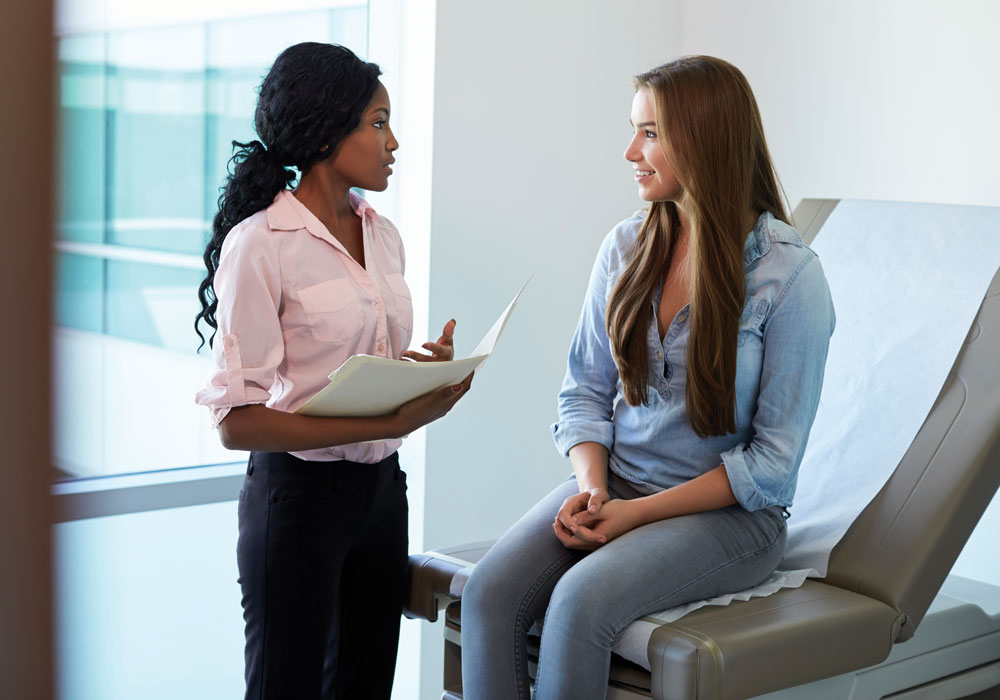In 2016, only 43% of U.S. adolescents had received routine human papillomavirus (HPV) vaccinations.
Findings from a new study published in Cancer Epidemiology, Biomarkers, and Prevention indicate that the type of strategy providers use to communicate the need for the vaccine may influence parents’ choices.
Researchers conducted an online survey of 1,259 parents of children aged 11–17 years to identify the most compelling reason healthcare providers should communicate about why children should receive the HPV vaccine. “It can prevent some types of cancer” ranked the highest of 11 possible reasons. Other highly ranked reasons were “It prevents a common infection,” “It has lasting benefits,” and “It is a safe vaccine.” The lowest-ranked reasons were “Your child is due for it” and “I got it for my own child.”
To meet the Healthy People 2020 goal of achieving an 80% HPV vaccination rate, the researchers concluded that providers should emphasize cancer prevention when discussing with parents the need for vaccination.






